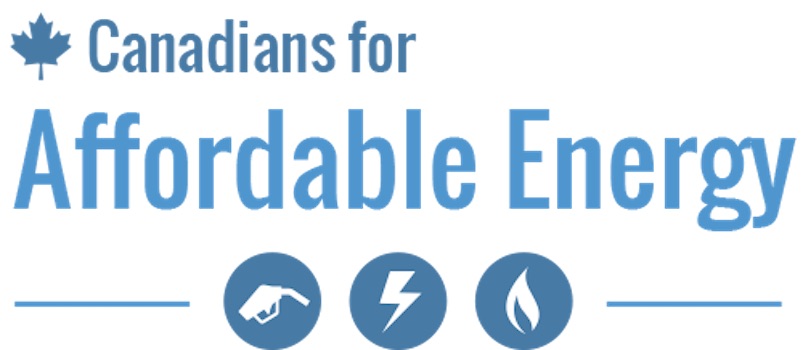By Lee Harding
Trump’s protectionism has jolted Canada into finally beginning to tear down interprovincial trade barriers
The threat of Donald Trump’s tariffs and the potential collapse of North American free trade have prompted Canada to look inward. With international trade under pressure, the country is—at last—taking meaningful steps to improve trade within its borders.
Canada’s Constitution gives provinces control over many key economic levers. While Ottawa manages international trade, the provinces regulate licensing, certification and procurement rules. These fragmented regulations have long acted as internal trade barriers, forcing companies and professionals to navigate duplicate approval processes when operating across provincial lines.
These restrictions increase costs, delay projects and limit job opportunities for businesses and workers. For consumers, they mean higher prices and fewer choices. Economists estimate that these barriers hold back up to $200 billion of Canada’s economy annually, roughly eight per cent of the country’s GDP.
Ironically, it wasn’t until after Canada signed the North American Free Trade Agreement that it began to address domestic trade restrictions. In 1994, the first ministers signed the Agreement on Internal Trade (AIT), committing to equal treatment of bidders on provincial and municipal contracts. Subsequent regional agreements, such as Alberta and British Columbia’s Trade, Investment and Labour Mobility Agreement in 2007, and the New West Partnership that followed, expanded cooperation to include broader credential recognition and enforceable dispute resolution.
In 2017, the Canadian Free Trade Agreement (CFTA) replaced the AIT to streamline trade among provinces and territories. While more ambitious in scope, the CFTA’s effectiveness has been limited by a patchwork of exemptions and slow implementation.
Now, however, Trump’s protectionism has reignited momentum to fix the problem. In recent months, provincial and territorial labour market ministers met with their federal counterpart to strengthen the CFTA. Their goal: to remove longstanding barriers and unlock the full potential of Canada’s internal market.
According to a March 5 CFTA press release, five governments have agreed to eliminate 40 exemptions they previously claimed for themselves. A June 1 deadline has been set to produce an action plan for nationwide mutual recognition of professional credentials. Ministers are also working on the mutual recognition of consumer goods, excluding food, so that if a product is approved for sale in one province, it can be sold anywhere in Canada without added red tape.
Ontario Premier Doug Ford has signalled that his province won’t wait for consensus. Ontario is dropping all its CFTA exemptions, allowing medical professionals to begin practising while awaiting registration with provincial regulators.
Ontario has partnered with Nova Scotia and New Brunswick to implement mutual recognition of goods, services and registered workers. These provinces have also enabled direct-to-consumer alcohol sales, letting individuals purchase alcohol directly from producers for personal consumption.
A joint CFTA statement says other provinces intend to follow suit, except Prince Edward Island and Newfoundland and Labrador.
These developments are long overdue. Confederation happened more than 150 years ago, and prohibition ended more than a century ago, yet Canadians still face barriers when trying to buy a bottle of wine from another province or find work across a provincial line.
Perhaps now, Canada will finally become the economic union it was always meant to be. Few would thank Donald Trump, but without his tariffs, this renewed urgency to break down internal trade barriers might never have emerged.
Lee Harding is a research fellow with the Frontier Centre for Public Policy.
Related













